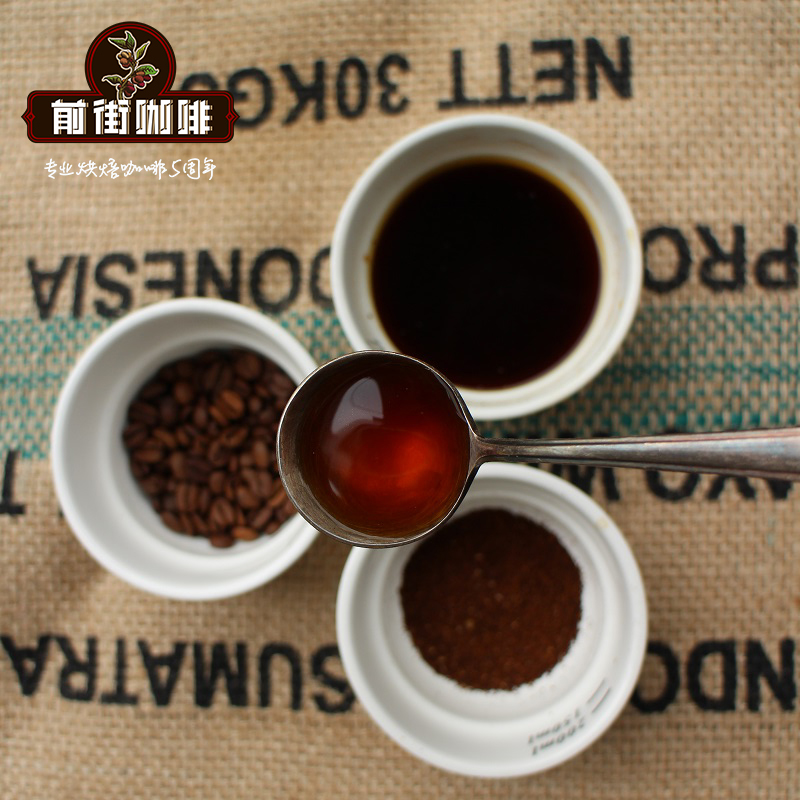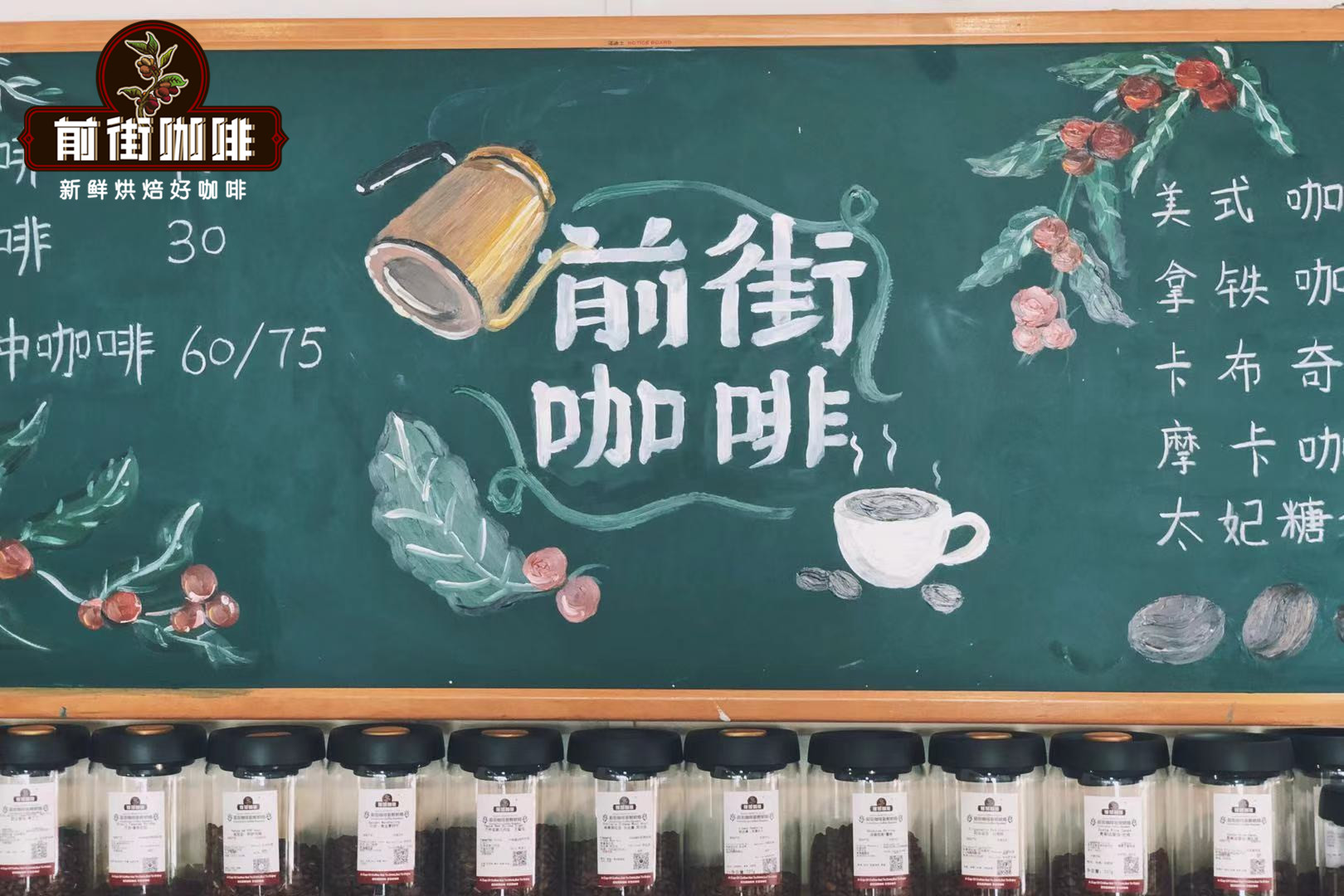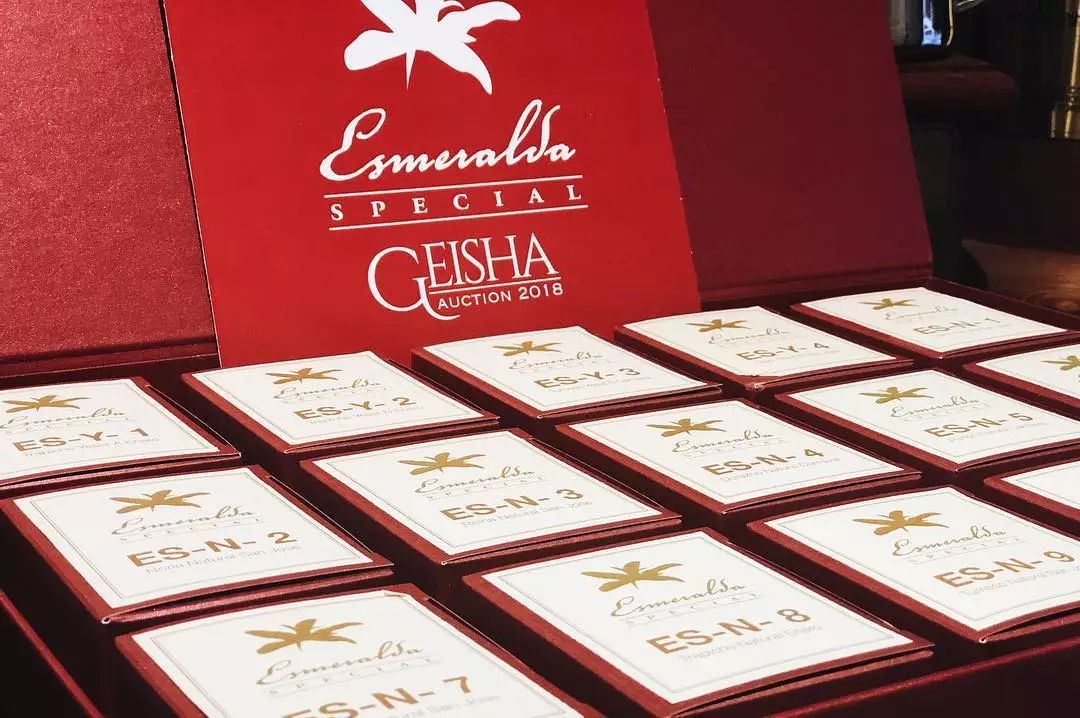The reason why Kenyan coffee beans are sour out of Africa how much is a bag of Kenyan coffee beans

Professional coffee knowledge exchange more coffee bean information please follow the coffee workshop (Wechat official account cafe_style)
Friends who like sour fruit should all like Kenyan coffee beans, it is not as elegant as the acidity of Yega Xuefei, but has a very outstanding sour, round, sweet and thick taste. This is due to the raw varieties of Kenyan coffee beans, SL28 and Sl34.
According to SL laboratory (according to botanists in SL laboratory, SL28 and SL34 are genetic variants. Among them, SL28 has a mixed pedigree of French missionaries, mocha and Yemeni Tibica. The SL series is based on the ancient species of Mocha in Yemen and the bourbon species on the island of Reunion, and now accounts for the majority of coffee bean production in Kenya. SL-28 has a higher reputation, higher SL-34 harvests and slightly lower elevations. According to botanists, SL28 and SL34 are genetic variants. Among them, SL28 has a mixed pedigree of French missionaries, mocha and Yemeni Tibica.
There are also Kenya's unique high-concentration phosphoric acid soil and double washing fermentation raw bean treatment.
Although Kenya is bordered by Ethiopia as we know it, it was not until the early 20th century that Kenya's coffee industry expanded.
There are four main varieties of coffee beans in Kenya, sl28, sl34, K7, and ruiru11. Sl28 is the variety with the richest flavor, but because it is not resistant to leaf rust, it can only be planted in the middle and high altitude where the leaf rust is not serious, so it has less yield and good moisture resistance of sl34, so it is suitable for planting in humid and rainy areas of middle and high altitude. K7 is a variety of iron pickup, which has a certain resistance to leaf rust and coffee fruit disease, and its flavor is not bad, so it will be planted in low-altitude disease-prone areas. The last ruiru11 is a Cajun variety with Robbins gene and has the worst flavor.
Kenyan coffee beans are also graded according to the size of beans:
E: Kenya's elephant beans are very big and relatively rare.
AA: it is a common level on the market at present, and the general size is not through the No. 18 screen (the hole of the screen is 7.22mm).
AB: this is a grade including An and B, An is not through screen 16 6.8mm 6.2mm is different from screen 15
PB (peaberry): we often call small round beans, usually a coffee fruit is made up of two coffee beans, round beans are only one bean in a coffee fruit.
It so happens that we have an AA bean from embu and a pb bean from nyeri. They are all treated by double washing.
Enbu producing area Kenya AA:
PB in Lili producing area:
Hand-picked coffee fruit, picked by hand, picked out immature fruit (unripe), overripe fruit (overripe) and other defects, peeled, after about 36 hours of fermentation, placed on a metal grid for sun drying, in the processing plant to remove the seed shell (parchment), become a blue-green appearance of attractive Kenyan raw beans.
Although the grades are different, it does not mean that their flavors are good or bad. And Kenya's unique double fermentation washing method will improve the original acidity and cleanliness again. The fine products we usually drink in Kenya are sl28 and sl34 varieties, with rich berry tonality, solid body, high sweetness and lively acidity. It depends on the altitude, season, weather, batch, baking and so on to judge the quality of the bean in your hand.
Kenyan coffee bean brand recommendation
The Kenyan coffee beans baked on Qianjie Coffee are fully guaranteed in terms of brand and quality. More importantly, the performance-to-price ratio is extremely high, a box of 227 grams, the price is only 95 yuan. According to the calculation of 15 grams of powder per cup of coffee, a bag of coffee can make 15 cups of coffee, which costs only about 6 yuan per cup, which is recommended by conscience compared to the price sold in cafes for dozens of yuan a cup.
Important Notice :
前街咖啡 FrontStreet Coffee has moved to new addredd:
FrontStreet Coffee Address: 315,Donghua East Road,GuangZhou
Tel:020 38364473
- Prev

African Kenyan Coffee treatment K72 double washed Kenyan Coffee beans Taste Story
For more information on coffee beans, please follow the coffee workshop (Wechat official account cafe_style) Kenya coffee beans: most of them grow at an altitude of 1500Murray 2100m and are harvested twice a year. Its main feature is a distinct fruit aroma, the common fruit aroma is citrus. Kenyan coffee beans have multi-layered taste and acidity of fruit juice, perfect grapefruit
- Next

Jadeite Manor Red Standard Rose Summer | bidding for Rose Summer in 2018, a rare method of yeast anaerobic fermentation
[jadeite Manor Red Standard Rose Summer] country: Panama production area: Bouquete Manor: jadeite Manor Kanas plot elevation: 1800 + treatment: yeast anaerobic fermentation Variety: rose Xia seed (1) introduction of Jadeite Manor Bouquete (geisha / Geisha) the birthplace of the famous Rose Summer (geisha / Geisha) is in the eastern foothills of the small mountain town of Poket (geisha / Geisha).
Related
- Detailed explanation of Jadeite planting Land in Panamanian Jadeite Manor introduction to the grading system of Jadeite competitive bidding, Red bid, Green bid and Rose Summer
- Story of Coffee planting in Brenka region of Costa Rica Stonehenge Manor anaerobic heavy honey treatment of flavor mouth
- What's on the barrel of Blue Mountain Coffee beans?
- Can American coffee also pull flowers? How to use hot American style to pull out a good-looking pattern?
- Can you make a cold extract with coffee beans? What is the right proportion for cold-extracted coffee formula?
- Indonesian PWN Gold Mandrine Coffee Origin Features Flavor How to Chong? Mandolin coffee is American.
- A brief introduction to the flavor characteristics of Brazilian yellow bourbon coffee beans
- What is the effect of different water quality on the flavor of cold-extracted coffee? What kind of water is best for brewing coffee?
- Why do you think of Rose Summer whenever you mention Panamanian coffee?
- Introduction to the characteristics of authentic blue mountain coffee bean producing areas? What is the CIB Coffee Authority in Jamaica?

